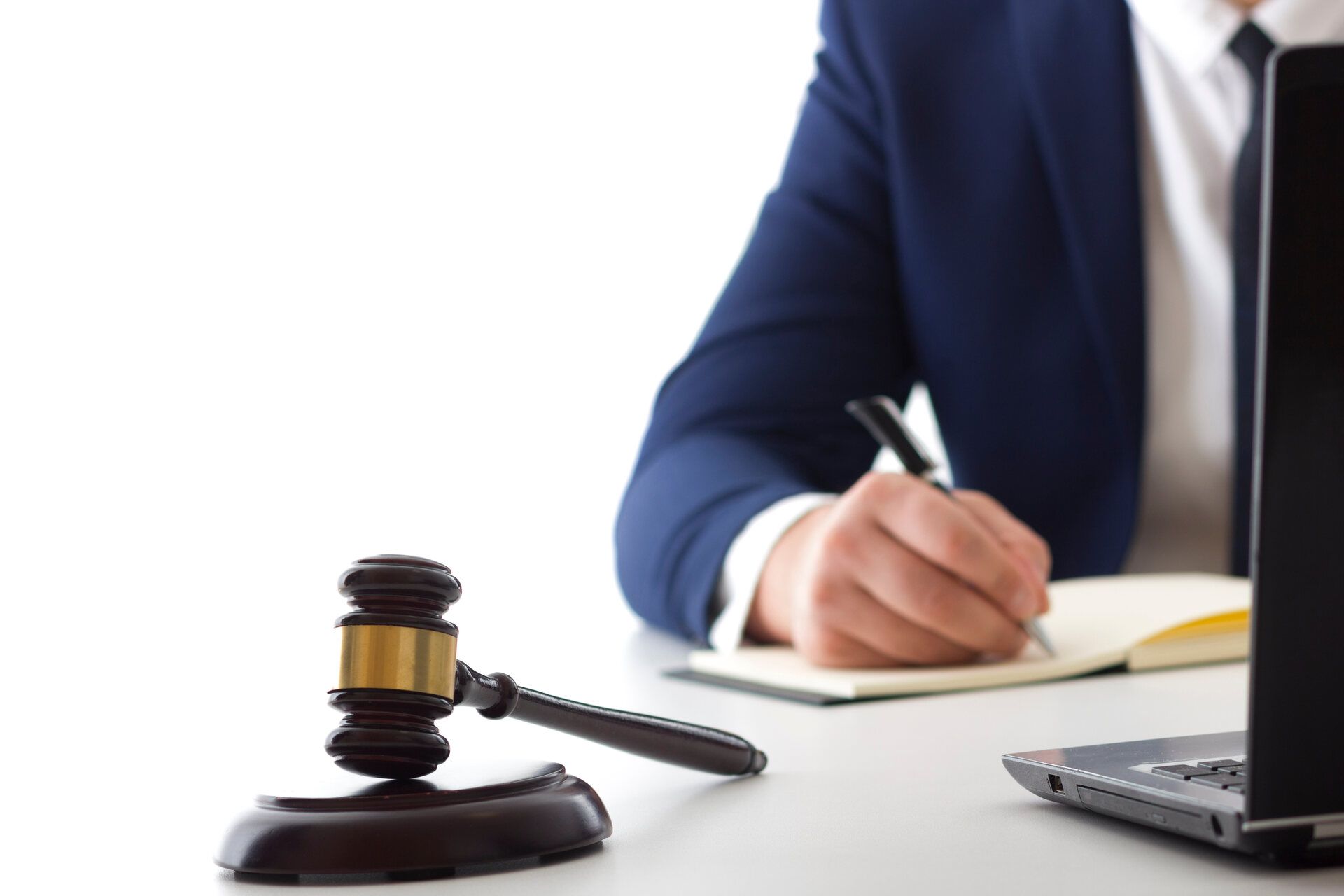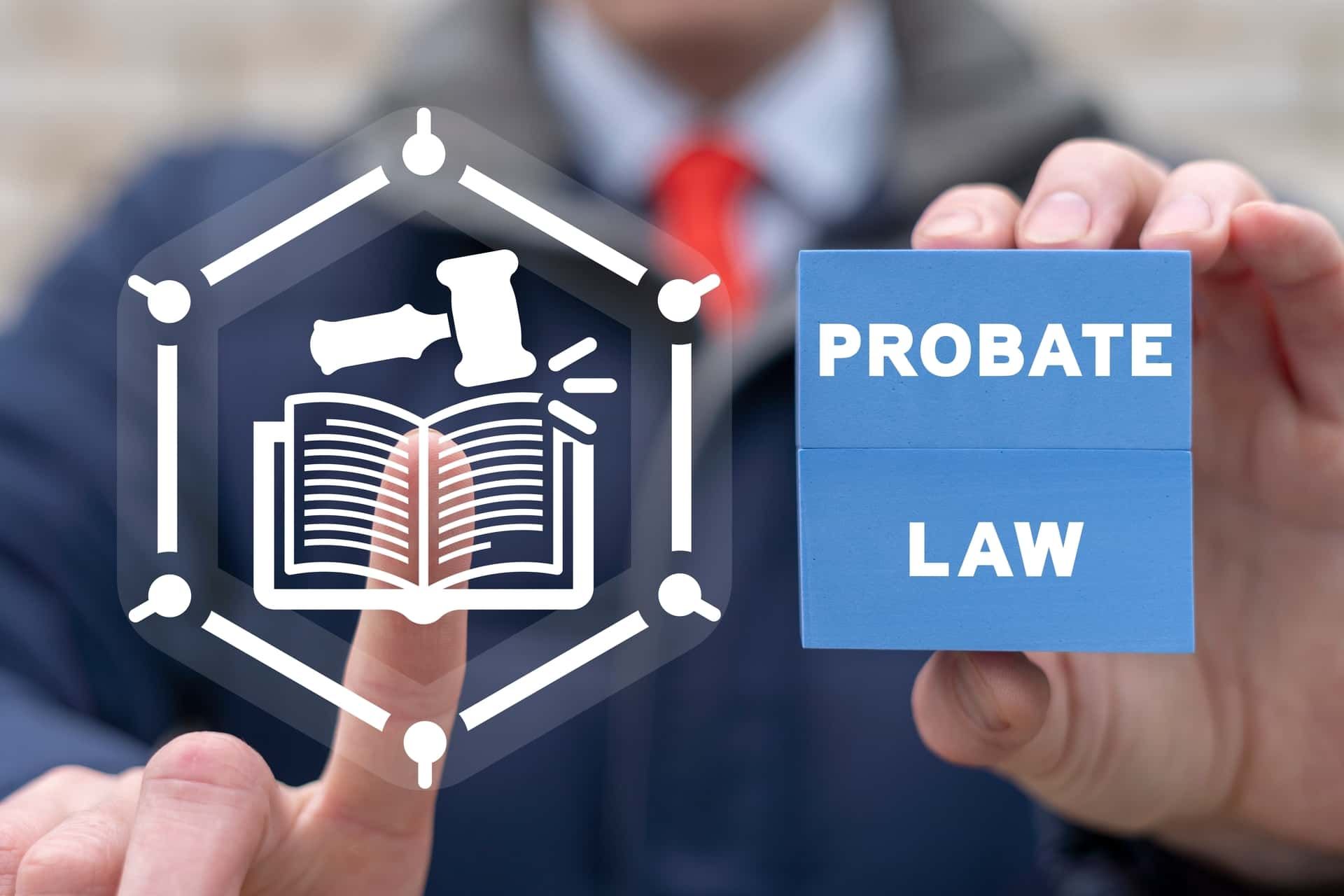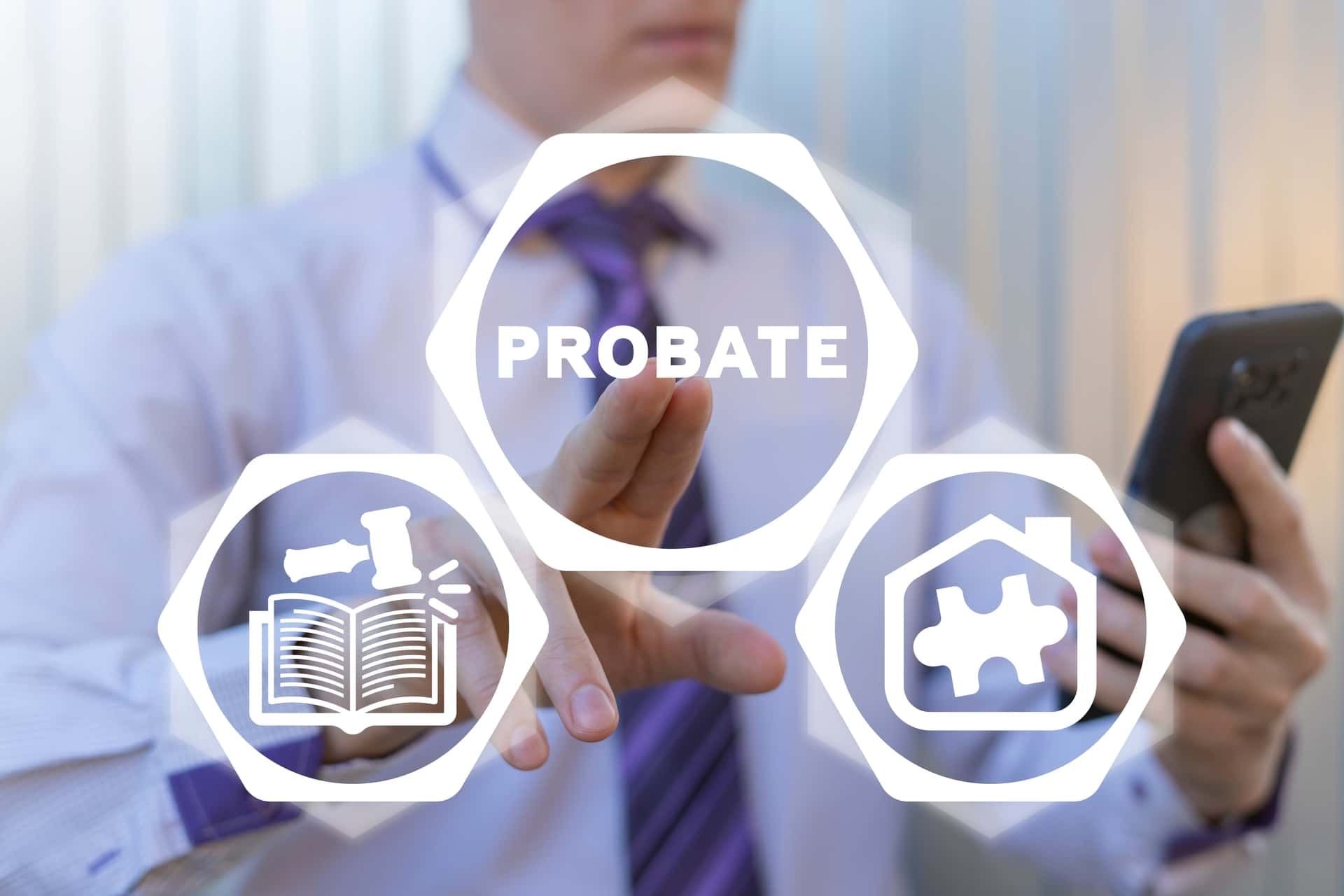Florida Homestead: Creditor Protection and Tax Benefits
The Florida Homestead law is a law that protects homeowners and their homes. It was created in 1862 to help people keep their property during the Civil War. The Homestead law enables you to shield your home from creditors, and it gives you tax benefits.
It’s important to know your rights as a homeowner in Florida. The importance of the Florida Homestead law cannot be overstated. To ensure that you receive the protection you deserve, contact the Law Offices of Mary King today.
The Florida Homestead Law: What Is It?
There are many important things to know about this important law. Let’s discuss some of the most essential aspects of it to give you a better understanding of what it does for Florida homeowners.
Any equity in your home (the difference between what it’s worth and what you owe on it) is protected from creditors like banks or credit card companies through the use of a homestead exemption.
Moreover, if your property is your permanent residence, and you own the property as of January 1 st of the tax year, the state of Florida applies a $25,000 exemption to the first $50,000 that your property is worth. This exemption is applicable to all taxes, even school district taxes.
So if your property has an assessed value between $50,000 and $75,000, you will get an additional exemption of $25,000. However, this exemption won’t apply to school district taxes.
How Does It Work?
The homestead exemption is a legal doctrine that protects your home from creditors and foreclosure. To qualify for any type of exemption, you must prove that your home is your primary residence. Florida’s homestead exemption laws are quite generous. If you live in Florida and own your home, you can apply for an automatic homestead exemption that will automatically protect the first $25,000 of its assessed value (adjusted annually).
But even if you don’t qualify for the automatic exemption, there are other ways to get protection under Florida’s homestead laws. In some cases, Florida’s law allows for the protection of condominiums, mobile homes, and manufactured homes.
Another way to get protection under Florida’s homestead laws is by applying for a partial exemption. Partial exemptions are good for homeowners who only own their homes but do not occupy them as their primary residence all year long.
You can also use exemptions in conjunction with each other or purchase additional coverage through an insurance policy if needed. If you have questions about how much coverage would be best for you, consult with a licensed agent to ensure that this decision is right for your needs.
How can Florida’s homestead exemption protect me from foreclosure and creditors?
When you live in Florida, your home is protected from creditors by the Florida Homestead law . If you are a Florida resident and have a homesteaded dwelling, then the following protections apply:
- You can’t be forced to sell your home to pay off debts
- You can’t lose your home if you are sued for any type of debt
- You are protected from foreclosure on your primary residence
As long as you qualify, these protections apply to both real estate taxes and mortgage interest. Furthermore, there typically isn’t a limit to the amount of protection in the Homestead exemption.
This means you can invest as much money into your home as you like without fear of it being taken from you. Not just for single families, the law can potentially protect you in other homesteads. To make sure that you are covered in your Florida residence, you should speak with an experienced attorney. They can assist you and provide the proper data to ensure whether you’re protected.
Florida has some of the most generous homestead exemption laws. So if you live in Florida and qualify, you may be able to claim your home as a homestead and protect it from creditors and foreclosure.
If you are trying to build your credit, it’s important that you make sure your home is protected. This is important because if you lose your home, it can affect your credit rating for years to come. If your home is considered your primary residence, contact the Law Offices of Mary E. King to discuss your rights.
And if your Florida home is being threatened by creditors, we can provide you with the legal counsel you need to put a stop to the harassment. Moreover, we are happy to assist you in getting your debt resolved, so give us a call to get started.
Call the Law Offices of Mary E. King Today
Mary King has practiced law for over 30 years. With her extensive experience, you can trust that you are getting expert legal counsel in all of your legal matters. We invite you to contact the Law Offices of Mary E. King today by calling 941-906-7585 or completing this contact form .
The information in this blog post is for reference only and not legal advice. As such, you should not decide whether to contact a lawyer based on the information in this blog post. Moreover, there is no lawyer-client relationship resulting from this blog post, nor should any such relationship be implied. If you need legal counsel, please consult a lawyer licensed to practice in your jurisdiction.
Disclaimer: The information on this website and blog is for general informational purposes only and is not professional advice. We make no guarantees of accuracy or completeness. We disclaim all liability for errors, omissions, or reliance on this content. Always consult a qualified professional for specific guidance.
RECENT POSTS
CONTACT US






